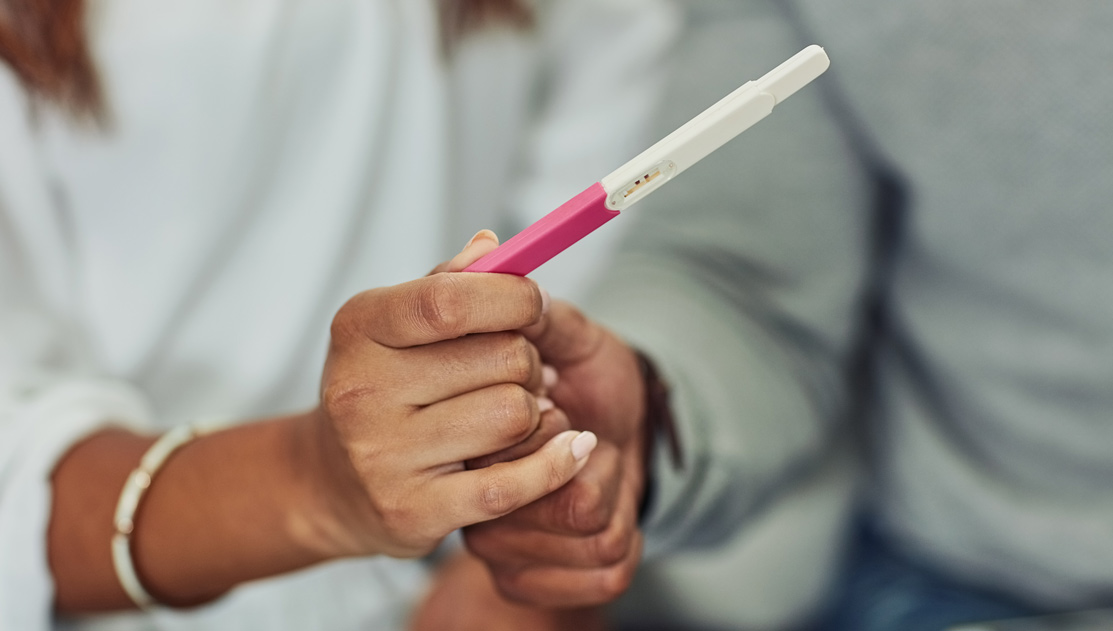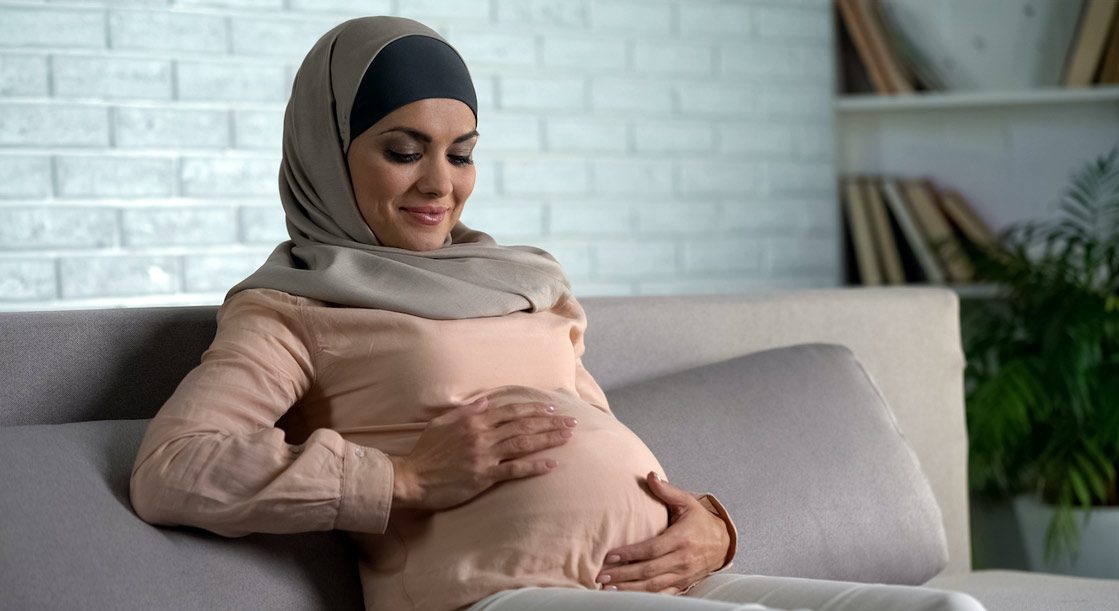It’s Endometriosis Awareness Month! Here at The Fertility and Gynaecology Academy, we’ve helped countless women with endometriosis make their dream of a baby a reality.
If you have endometriosis, you may be wondering: How will endometriosis affect my fertility? Can I get pregnant with endometriosis?
While plenty of women with endometriosis get pregnant without problems, up to 50% may experience infertility. So, if you want to start a family, it’s best to get armed with the facts.
What is endometriosis?
Endometriosis is a chronic condition in which tissue of a woman’s womb lining (endometrial tissue) grows outside of the womb. This tissue may grow around the ovaries, fallopian tubes, or even the bowel, bladder and other places. If left untreated, it can lead to other long-term health problems.
How common is endometriosis?
Endometriosis affects about one in ten reproductive-age women and girls around the world. Among women struggling to get pregnant, that figure rises to 30-50%.
What are endometriosis symptoms?
Endometriosis shares symptoms with other gynaecological problems and sadly sometimes the condition goes undiagnosed for years. Some women don’t discover it until they find themselves struggling to conceive and seek medical support. Indeed endometriosis accounts for up to 50% of cases of female fertility problems.
Common endometriosis symptoms are:
- Severe period pain
- Heavy bleeding during your period
- Pain following sex
- Abdominal pain
- Fatigue
- Infertility
If you are suffering with any number of these symptoms, you should see a gynaecologist as soon as you can.
What causes endometriosis?
No one knows for sure, and there are many theories, but the most valid theory is the immune system imbalance.
Is there a cure for endometriosis?
Sadly, there is as yet no cure for endometriosis. Treatments work on alleviating symptoms such as pain and infertility, to elevate quality of life for women with this condition.
How does endometriosis affect fertility? Can I get pregnant if I have endometriosis?
Many women with endometriosis can get pregnant. However in up to 50% of cases, there will be problems with fertility.
There is no single definitive answer as to how endometriosis causes infertility, but possible reasons include:
- Endometriosis can cause scarring, making it tricky for an egg to pass down the fallopian tube properly.
- Both the endometriosis itself and its associated scarring can change the ‘terrain’ of the reproductive organs and the pelvis, making it harder for the egg and sperm to make contact.
- Endometriosis is sometimes associated with an abnormal immune response to the embryo.
- Endometriosis can result in releasing chemicals (Cytokines and others) that make the pelvic fluid hostile for the gametes and embryos.
- Endometriosis can be associated with defective progesterone receptors that might affect implantation and early pregnancy.
- In women with endometriosis, sometimes the womb lining is not adequately developed enough to carry a baby through pregnancy.
Many women don’t discover they have endometriosis until difficulties getting pregnant lead them to see a specialist. On the other hand, if you already know you have endometriosis, you may seek fertility support earlier. For example, common guidance for young women is to try to get pregnant without assistance for a year before seeing a fertility doctor – but a woman with endometriosis may be advised to see a fertility doctor in half that time, or less if she is in her thirties.
Is it possible that endometriosis surgery might affect your fertility?
If your doctor has suggested surgery due to your endometriosis symptoms, and you haven’t yet completed your family plans, then it is very important to see a fertility expert. This is because surgery can deplete your ovarian reserve. Your fertility options should be discussed with your doctor before any surgery to get the best possible outcomes.
How can I increase my fertility with endometriosis?
While there are no guarantees when it comes to conceiving with endometriosis, there are things you can do to try to prepare yourself as best as possible for a baby, including:
- Cut back on inflammatory foods, including caffeine, sugar, meat, and alcohol. Instead get plenty of antioxidant-rich foods and vegetables. It is believed that high fat foods and red meat contain oestrogen which aggravates endometriosis. One study found that women who consumed the most red meat were up to 100% more likely to develop endometriosis.
- Moderate exercise can help your all-round wellbeing if you have endometriosis
- Plan ahead – You may not want a baby right now, but time is fertility – so thinking ahead can really help. Seeking a reproductive health check can really help you become more definite about when to start trying for a baby and how long you might try before seeking fertility help. At The Fertility & Gynaecology Academy we offer a Fertility Check to help you plan for the future. We’re experts in dealing with problems like endometriosis, and we can employ tools like general examination, ultrasound and laparoscopy to diagnose endometriosis swiftly so you can move forward towards your dream of having a baby.
What treatment is there for endometriosis?
Dr Gorgy, renowned fertility expert and Co-Director of The Fertility and Gynaecology Academy says:
“If you have endometriosis and wish to improve your fertility, surgery may be your best option – if it is feasible to try naturally and there are no other fertility concerns. Removing as much of the tissue as possible could improve your chances of successful conception. But if you suffer severe endometriosis or surgery does not produce the required results, then IVF is a great option that introduces the sperm and egg in a laboratory (‘in vitro’) – therefore bypassing issues that the condition creates.”
Here at The Fertility and Gynaecology Academy we are experts in dealing with endometriosis and our success rates are among the best in the field. We also specialize in complex cases and have helped countless women who’d all but given up hope to achieve their dream of a baby.
If you are concerned you may be experiencing symptoms of endometriosis, would like to arrange a Fertility Check or wish to discuss treatment options, call us on 020 7224 1880 or email info@fertility-academy.co.uk.







